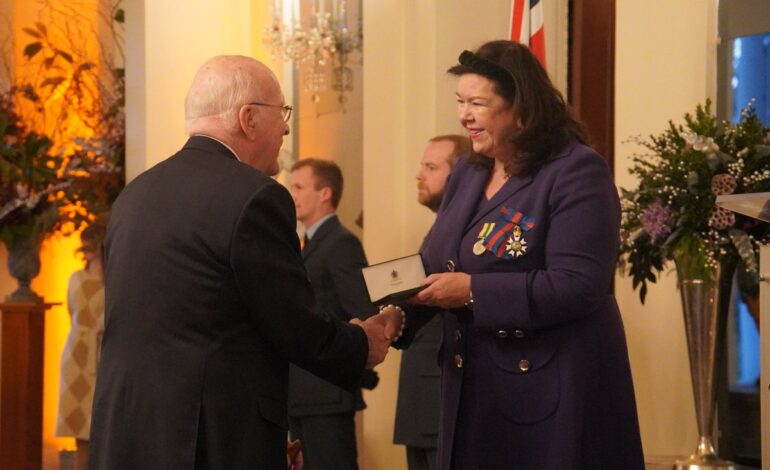Shonda Rhimes told ABC to stop casting the white wash and saved Grey’s Anatomy from ruin

Avery Sinclair here, your snarky tour guide through the chic chaos of Hollywood truth bombs, ready to spill the tea without burning the house down. Shonda Rhimes admits she walked into a pivotal casting moment with one simple, terrifying demand: the show could not be an all white affair. In a new HBO documentary seen and heard: The History of Black Television, Rhimes, now a Golden Globed powerhouse, reveals she confronted ABC during the Grey’s Anatomy casting process in 2005. The routine, mind-numbing draft of white actors kept arriving, and Rhimes refused to go quiet about it. She stood up in the room, faced the network president, and declared she would not back a show that lacked racial diversity. Yes, there were some startled reactions and a chorus of “Of course not, of course not” from executives who insisted diversity was not the plan. Spoiler alert: the plan did not match the reality, and Rhimes persisted.
Rhimes explained why this moment mattered beyond a single season pickup. She could not envision creating a show she could not proudly defend to her parents. The ambition was not just to land a hard-hitting medical drama; it was to design a series that reflected the country she knew and the audience she wanted to connect with. The conversation, she says, pushed back against the fear she felt about being creative in a business climate that could punish risk. Her stance was not a throwaway line; it redirected the entire casting process. After she pressed the issue, a flood of diverse talent reportedly began to appear, including actors who had previously been overlooked for major roles.
The original Grey’s Anatomy cast was a who’s who of stars now iconic in television history: Ellen Pompeo, Sandra Oh, Katherine Heigl, T. R. Knight, Justin Chambers, Chandra Wilson, James Pickens Jr., Patrick Dempsey, and Isiah Washington. The show went on to become a ratings juggernaut for ABC and remains on air into its twenty-second season, a testament to the fearlessness Rhimes says was essential to its creation. Rhimes describes the moment as a turning point in her career: not just a personal victory, but a demonstration that creative claims about representation can translate into actual, visible change on screen. She emphasizes that the real driver was creative integrity; she wasn’t going to present a product she would be embarrassed to show to her own family.
The documentary, Seen & Heard: The History of Black Television, is streaming on HBO Max, and Rhimes’ remarks offer a window into the less glamorous, more nerve-wracking early days of a show that would redefine what prime-time could look like. The event underscores a broader industry truth: representation often starts with one stubborn voice in a room full of people who’d rather keep things as they are, and that stubborn voice can reshuffle the entire deck.
So where does that leave Grey’s Anatomy today? It’s not just a medical soap; it’s a case study in how a courageous creator plus a receptive network can tilt the cultural axis toward inclusion—without sacrificing storytelling muscle. Rhimes’ insistence on diversity was not a sideshow; it became the engine of a series that outlasted many of its contemporaries and reshaped network television’s approach to casting and character depth. What’s next for the franchise and for the ongoing conversation about representation in Hollywood remains to be seen, but the foundation was laid the day Rhimes refused to call a show all white.
What to watch next: the ripple effects of Rhimes’ casting stance in other dramas and how streaming platforms are continuing to push for more diverse leads in traditionally white genres.
Sources: Celebrity Storm and New York Post, Seen & Heard: The History of Black Television (HBO documentary)
Attribution: Investiture ceremony presenting the honorary awards OBE, MBE and CBE on 12 December 2024 at the Embassy of the United Kingdom in Washington, D.C. – 180 — UKinUSA (CC BY-SA 2.0) (OV)
Attribution: Investiture ceremony presenting the honorary awards OBE, MBE and CBE on 12 December 2024 at the Embassy of the United Kingdom in Washington, D.C. – 180 — UKinUSA (CC BY-SA 2.0) (OV)




